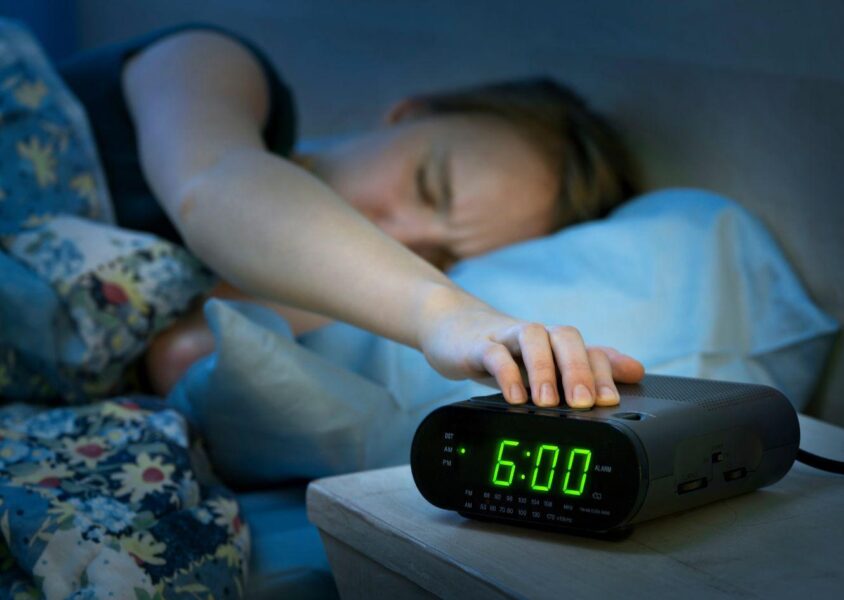Do You Snooze Alarms Too Often

Snoozing an alarm is the practice of turning off an alarm temporarily and then going back to sleep for a short period of time before the alarm goes off again. While snoozing an alarm may seem like a convenient way to get a few extra minutes of sleep, it is generally not recommended because it can disrupt your sleep patterns and lead to feelings of fatigue and grogginess.
One reason why snoozing an alarm is not recommended is that it can disrupt your natural sleep cycle. When you sleep, your body goes through different stages of sleep, including deep sleep and REM (rapid eye movement) sleep. When you snooze an alarm, you may be interrupting your sleep cycle and waking up in the middle of a deep sleep stage, which can make you feel groggy and disoriented.
Another reason why snoozing an alarm is not recommended is that it can make it harder to wake up and get out of bed in the morning. When you snooze an alarm, you may fall back into a deeper sleep and find it more difficult to get up when the alarm goes off again. This can lead to feelings of fatigue and difficulty concentrating throughout the day.
It is important to note that the benefits of using an alarm to wake up may vary depending on an individual’s specific needs and circumstances. If you have trouble waking up in the morning, it may be helpful to establish a consistent sleep schedule, create a relaxing bedtime routine, and limit your exposure to screens before bedtime.